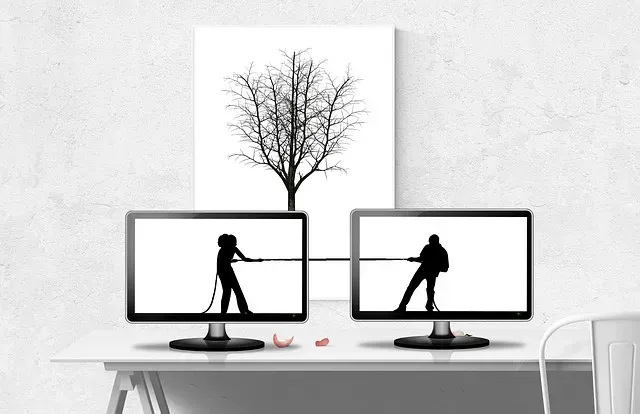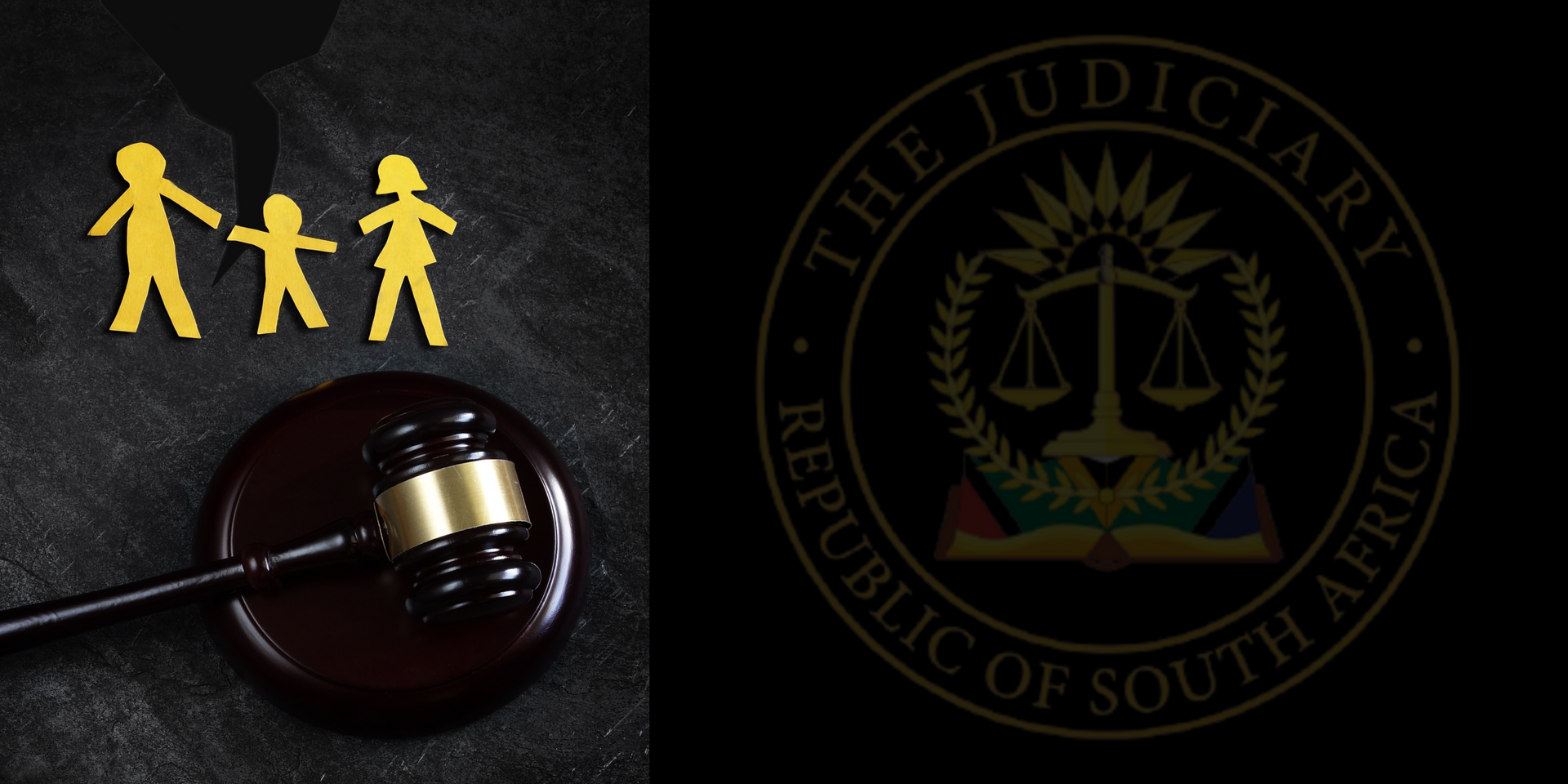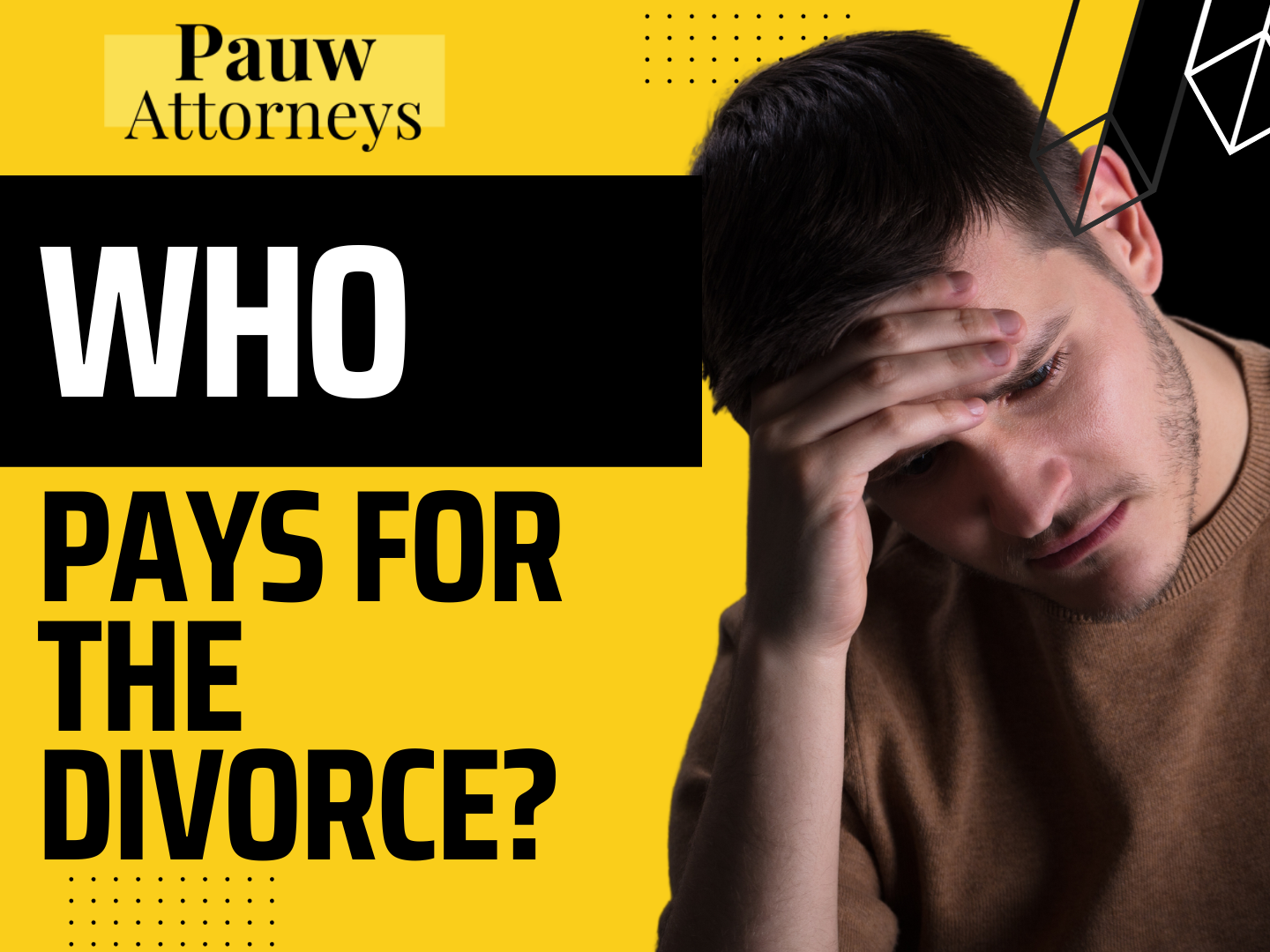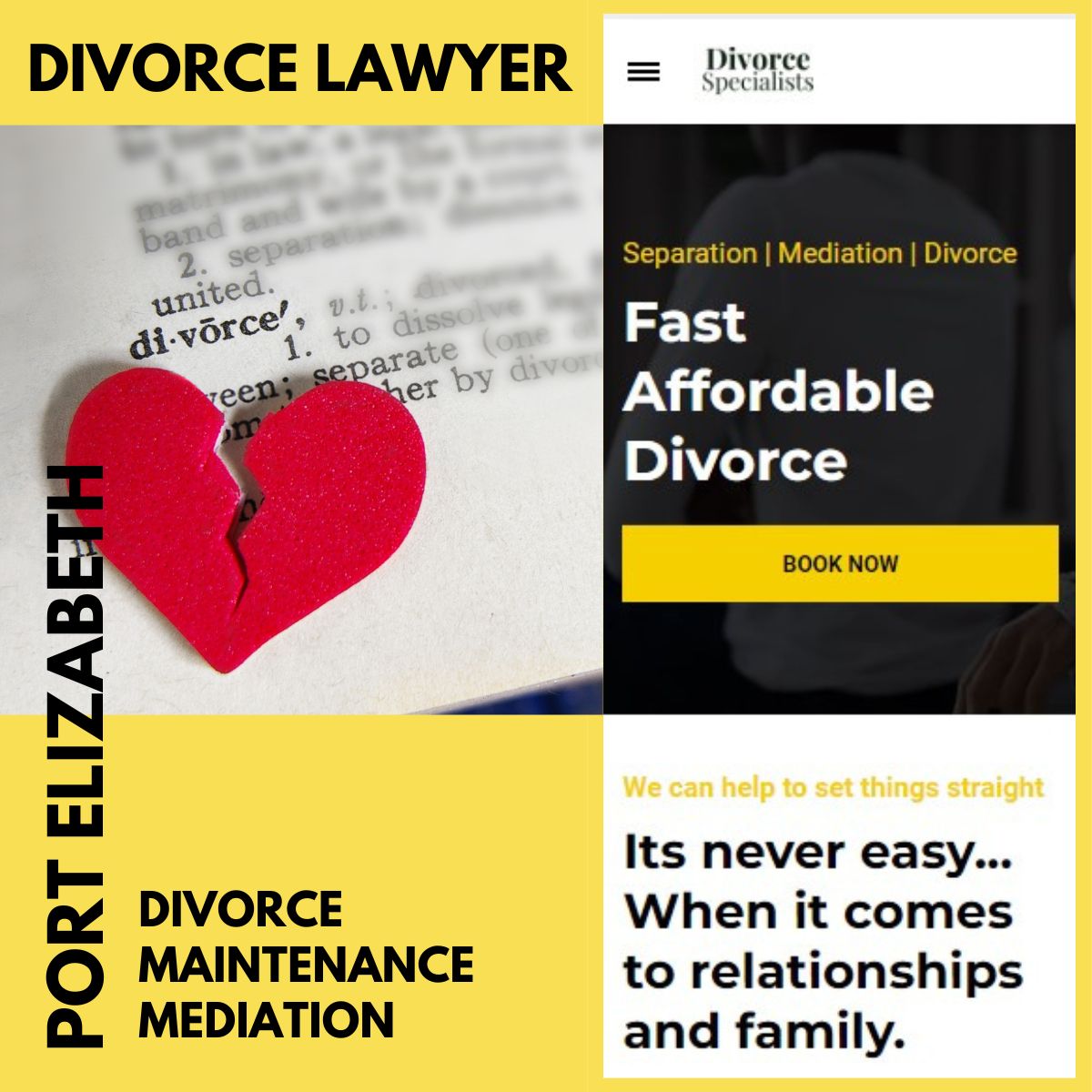What does it mean to be Dismissed
Dismissal

What is a dismissal?
When one person (the "employee") helps or gives his or her services to another person (the "employer") in exchange for money, this is called an employment relationship (for example, money or something else). Most of the time, the terms and conditions of that job are written in a contract of employment.
When an employer breaks an employment contract with an employee, this is called a "dismissal." In other words, it was against the employee's will.
Every worker has the Labour Relations Act ("LRA"), not to be fired in an unfair way.
This means that an employer can't just fire an employee whenever he or she feels like it. Instead, the employer has to have a good reason and follow a fair procedure.
When is it okay to dismiss a worker?
The LRA says that an employer can fire a worker for any of the following reasons:
- Misconduct on the part of the employee, such as stealing, being absent without permission, or refusing to do what the boss tells them to do, etc.
- Inability of the employee, such as when an employee doesn't meet the employer's performance standard or can't do the job he or she was hired to do because of illness; or operational needs of the employer, such as when sales drop and the employer can't afford to keep the employee. For more information.
Misconduct
Generally, it is not appropriate to dismiss an employee for a first offence, except if the misconduct is serious and of such gravity that it makes a continued employment relationship intolerable.
Examples of serious misconduct, subject to the rule that each case should be judged on its merits, are gross dishonesty or wilful damage to the property of the employer, wilful endangering of the safety of others, physical assault on the employer, a fellow employee, a client or customer and gross insubordination.
Whatever the merits of the case for dismissal might be, a dismissal will not be fair if it does not meet the requirements of Section 188.
When deciding whether or not to impose the penalty of dismissal, the employer should, in addition to the gravity of the misconduct, consider factors such as the employee's circumstances, including:
- length of service,
- previous disciplinary record,
- personal circumstances,
- the nature of the job and
- the circumstances of the infringement itself.
The employer should apply the penalty of dismissal consistently with the way in which it has been applied to the same and other employees in the past, and consistently as between two or more employees who participate in the misconduct under consideration.
Incapacity
Incapacity + Not doing well at work
Newly hired employee may be placed on probation for a period that is reasonable given the circumstances of the job.
The period should be determined by the nature of the job, and the time it takes to determine the employee's suitability for continued employment.
When it's necessary, an employer should give an employee any evaluation, instruction, training, guidance, or counselling that the employee needs to do a good job.
Before firing an employee during their probationary period, they should have a chance to explain their side of the story and get help from a trade union representative or another employee.
After probation, an employee shouldn't be fired for poor performance unless the employer has given the employee the right evaluation, instruction, training, guidance, or counselling and the employee hasn't improved after a reasonable amount of time.
The process that leads to firing should include an investigation to find out why the job wasn't done well, and the employer should think about other ways to fix the problem besides firing. During the process, the employer should have the right to be heard and to get help from a trade union representative or a fellow worker.
When deciding if a dismissal for poor work performance is fair, a person should look at whether or not the employee failed to meet a performance standard, and if the employee did not meet a required performance standard, whether or not the employee knew or should have known about the required performance standard, whether or not the employee was given a fair chance to meet the required performance standard, and whether or not dismissal was an appropriate action.
Incapacity: Due to health or injury
If you are sick or hurt, you may be unable to work for a short time or for the rest of your life.
In these situations, if an employee is temporarily unable to work, the boss should find out how bad the injury or illness is.
If the employee is likely to be out of the office for a long time, that is too long for the situation, the boss should look into all the other options before firing the worker. When looking at alternatives, things like the nature of the job, the length of the absence, the severity of the illness or injury, and the possibility of finding a temporary replacement for the sick or injured worker may be taken into account.
In cases of permanent incapacity, the employer should find out if the employee can get another job or if the job duties or work environment can be changed to fit the employee's disability.
In the process of the investigation described in subsection (1), the employee should be able to respond and get help from a trade union representative or a fellow worker.
How fair a dismissal is depends on how disabled the person is. The reason for being unable to do something may also be important. When it comes to certain kinds of incapacity, like alcoholism or drug abuse, an employer may want to think about counselling and rehabilitation. Employees who are hurt on the job or can't work because of a work-related illness should be given extra thought. The courts have said that the employer has a greater responsibility to work with the employee's disability in this case.
When deciding if a dismissal due to illness or injury is fair, a person should look at: whether or not the employee is able to do the job; if the employee is not able to do the job, how much the employee is able to do the job; how much the employee's work circumstances could be changed to accommodate a disability, or, if that's not possible, how much the employee's duties could be changed; and whether or not the employee is able to return to work
The procedure leading to dismissal
- One will need to do an investigation to see if there is proof of the suspected wrongdoing; make clear charges about the suspected wrongdoing so the employee has enough information to prepare for the disciplinary hearing; and give the employee a reasonable amount of time to prepare for the disciplinary hearing.
- Notice can be given orally or in writing, and is usually given 48 hours before the disciplinary hearing.
- If the employee doesn't show up to the disciplinary hearing without a good reason, the chairperson may continue the hearing without the employee;
- Give the employee a chance to talk about the suspected wrongdoing and present evidence at the disciplinary hearing.
- Before deciding if the employee is guilty or not of the suspected misconduct, the chairperson must look at both the employer's and the employee's evidence; give the employee the right to be represented at the disciplinary hearing by his or her trade union (if it has organisational rights) or a colleague (legal representation is not a right, but can be asked for);
- give the employee a chance to respond to the employer's evidence in a way that lessens the punishment; and give the employee a chance to If the chairperson decides that the employee is guilty, he or she must think about what made the situation worse or better before deciding whether to fire the employee or take some other action.
- The chairperson should tell the employee what the chairperson has decided, preferably in writing.
- The process leading up to firing an employee doesn't have to be formal or called a "disciplinary hearing." However, the employee must be given a chance to explain himself or herself before being fired.
- Most of the time, the process for firing someone because of a disability is similar to the process for firing someone because of bad behaviour. However, it takes longer and a counselling process must be used.
- This means that the employee must be a part of the process and give his or her opinion from the beginning of the investigation to the end when the employee is fired.















































